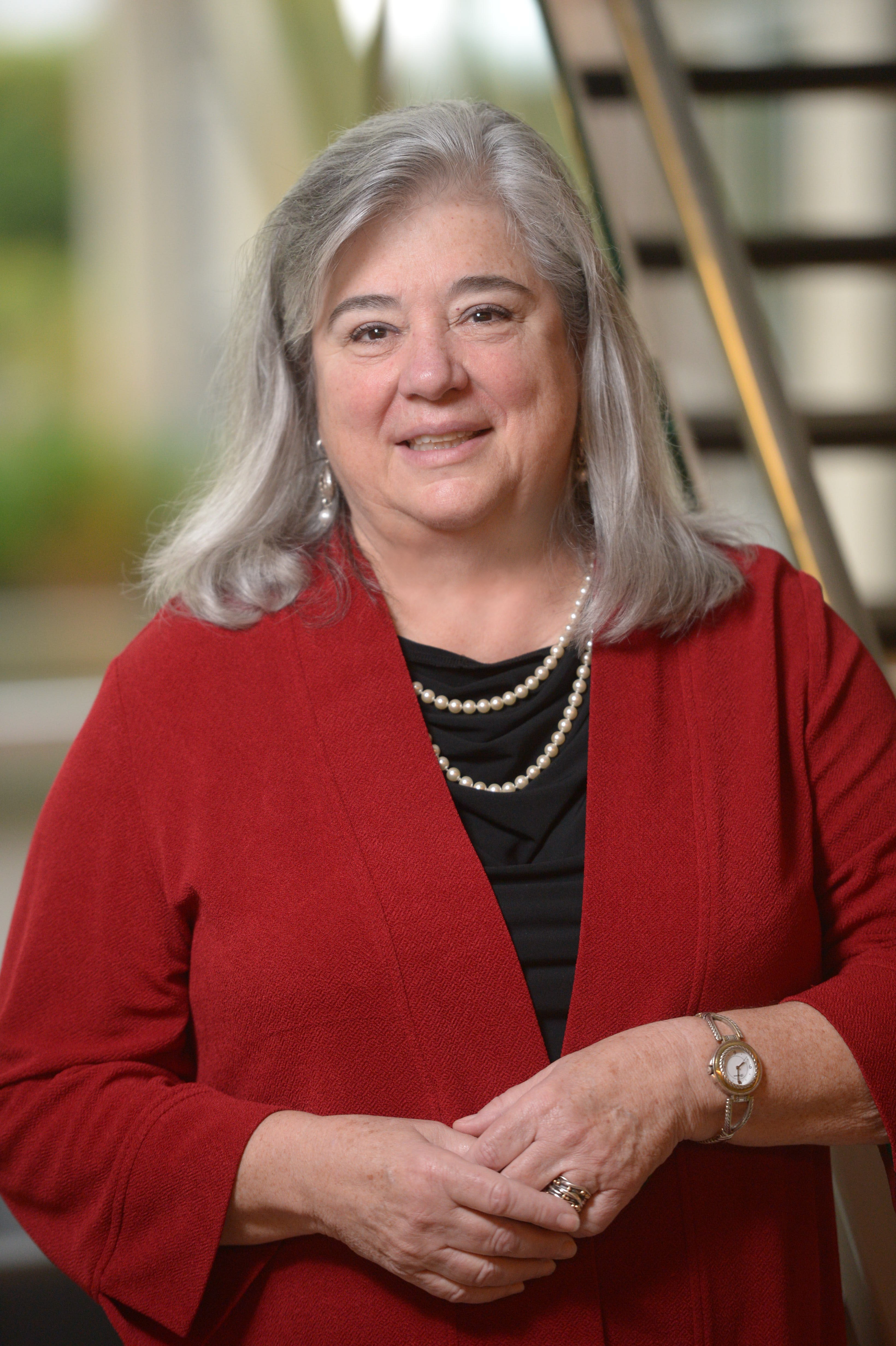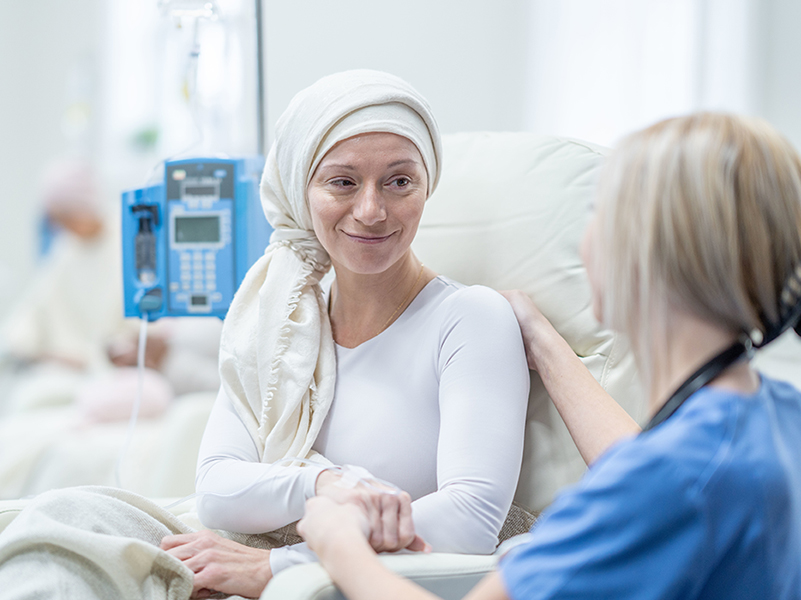Since the COVID-19 coronavirus stay-at-home orders were issued in March 2020, the future has been difficult to imagine. National professional meetings, including ONS Congress, graduations, weddings, funerals, and other events that mark the transition from present to future were canceled. Creative, alternative ways to mark a transition to the future are highlighted on social media and the nightly news. Virtual, Zoom, and the new normal are standard verbiage in our conversations.

Even as states loosen their orders to allow businesses to reopen and the economy to restart, physical contact has certainly not been encouraged. In a profession that likes to hug patients and each other, so many nurses yearn for the future when they can again do that.
Touching lives and influencing the future is what oncology nurses do every day in caring for patients, precepting students, or recruiting participants for a research study. Thankfully, those are not necessarily dependent on physical contact.
We have learned that lives are touched and influenced in many ways. Certainly, those of you who have been on the front lines, caring for your patients during the pandemic, know the importance of presence, even if only your eyes have been visible through your personal protective equipment. With restrictions on visitors in both inpatient and ambulatory settings, your relationship with patients has new meaning as you support them while they face their future. Family members’ gratitude repeatedly demonstrates how much trust and respect our profession has. Your resilience and creativity are seen in so many social media clips.
While preparing the next generation of nurses and advanced practice nurses, nursing faculty faced challenges as didactic content moved online and clinical practice sites became off limits. Many had to quickly learn how to adapt content to an online environment. Simulation has taken on increased importance and use, although it is not the same as touching a real life. Oncology nursing research continues but perhaps at a different pace because both patient and nurse enrollment have been affected.
ONS and its enterprise are responding to the changes with unprecedented support. For 2020–2021, the Oncology Nursing Foundation awarded $381,000 in scholarships and $420,000 in research grants, which will touch not only the lives of the recipients but also of those whose lives they touch.
In September 2020, for the first time in ONS’s history, we will have a virtual conference, a reimagined ONS Congress that has been named ONS Bridge™. I know that many of you hoped for an in-person meeting so we could be with colleagues rather than see them on a screen. That day will happen again once it is safe and COVID-19 is no longer a threat to public health. ONS has always been about both the present and the future, providing resources that oncology nurses need for their practice today and tomorrow. For now, we must all adapt to our changed environment.
I look forward to seeing you virtually in September at ONS Bridge. In the meantime, be proud of how you are touching the future by touching a life.






